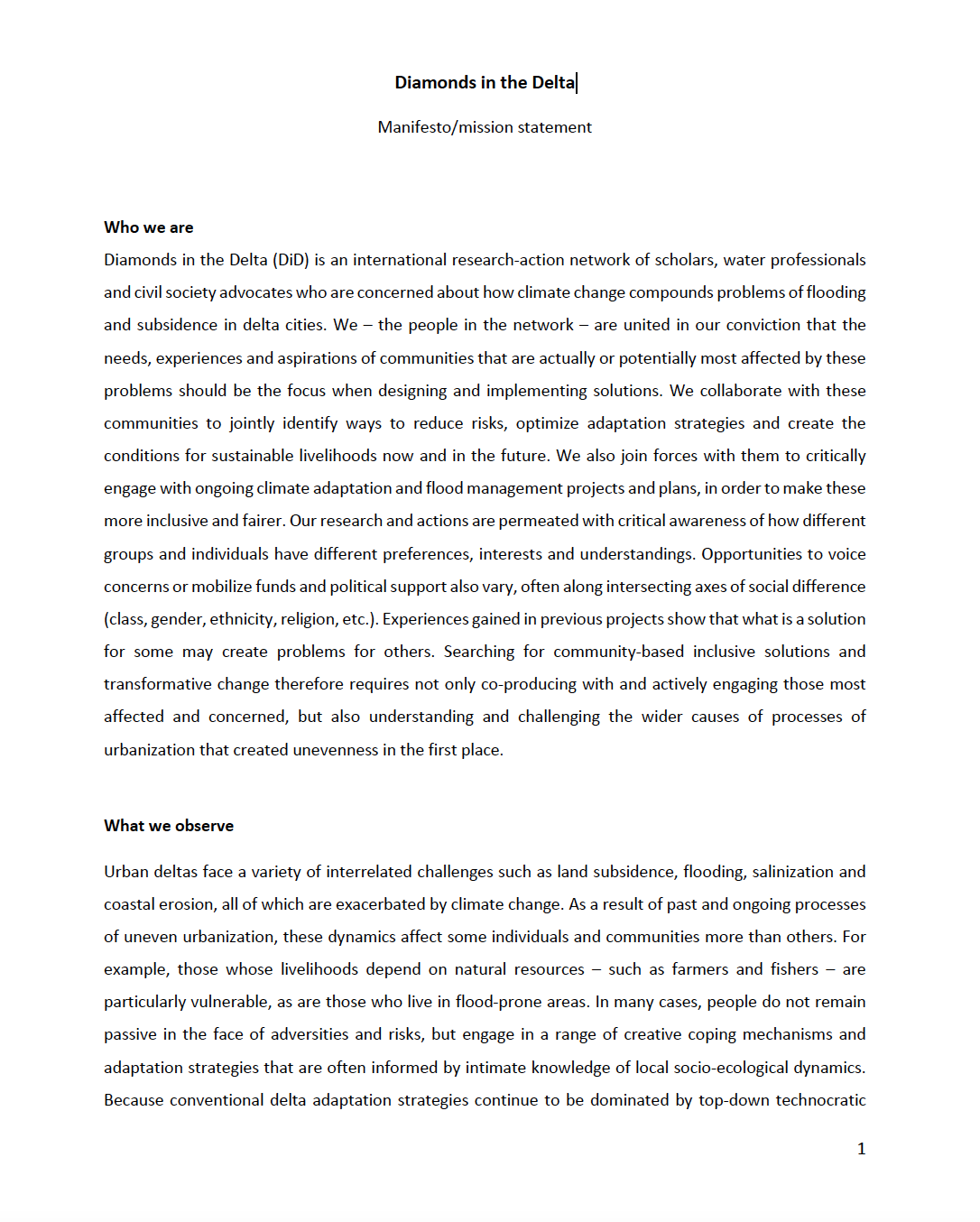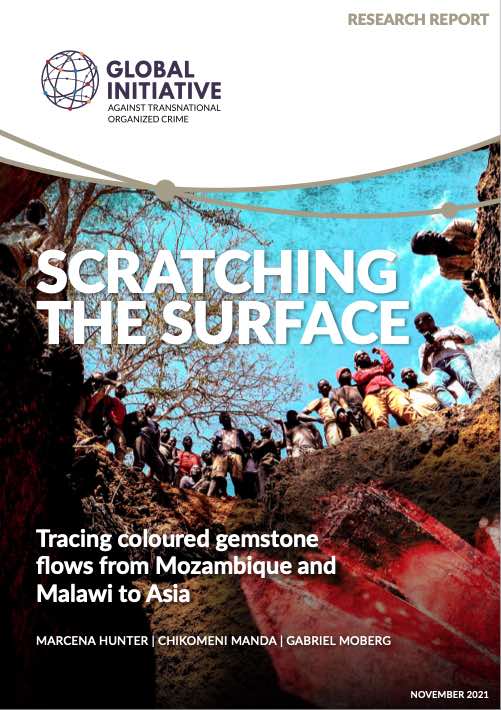In Mozambique, smallholder farmers commonly grow rice under rainfed systems with limited fertilizer
application; thus, productivity remains very low. Moreover, the adoption rate of improved rice varieties
is as low as 3 per cent, partly because these varieties usually require an…
Diamonds in the Delta (DiD) is an international research-action network of scholars, water professionals and civil society advocates who are concerned about how climate change compounds problems of flooding and subsidence in delta cities. We – the people in the network – are united in our…
This book delivers new conceptual and empirical studies surrounding the design and evaluation of land governance, focusing on land management approaches, land policy issues, advances in pro-poor land tenure and land-based gender concerns. It explores alternative approaches for land management…
The trade in coloured gemstones stretches around the world, linking source countries on almost every continent to international trade hubs, mainly in Asia, and on to retail markets. Mozambique is one such source, sitting atop significant gemstone deposits, including precious and semi-precious…
This paper provides an overview of the supply chains and flows that run from the mines of northern Mozambique and Malawi, to the international trade hubs of Sri Lanka and Thailand. Analysis of the political and economic environment in which mining and trading take place gives a contextual…
This one-pager provides details on the LAND-at-scale project in Mozambique. This project is implemented by Centro Terra Viva and Terra Firma, and financed by the Ministry of Foreign Affairs via the Netherlands Enterprise & Development Agency.
LAND-at-scale is a land governance support program for developing countries from the Ministry of Foreign Affairs of the Netherlands, which was launched in 2019. The aim of the program is to directly strengthen essential land governance components for men, women and youth that have the potential…
This study set out to estimate the effects of large-scale agricultural investments (LSAIs) on household food security in one community each in Kenya, Madagascar and Mozambique. An endogenous switching regression model was adopted to control for a possible selection bias due to unobserved factors…
The articles in this Bulletin are written by the following organizations and individuals: National Coordinator for the Defense of the Mangrove Ecosystem (C-CONDEM), Ecuador; Yayasan Pusaka Bentala Rakya (Bentala Raya Heritage Foundation), Indonesia; Venezuelan Observatory of Political Ecology…
Land Grabbing Or Rice Sector Development Opportunity?
Mozambique started a massive land registration program to register five million parcels and delimitate four thousand communities. The results of the first two years of this program illustrated that the conventional methods utilized for the land tenure registration were too expensive and time-…






